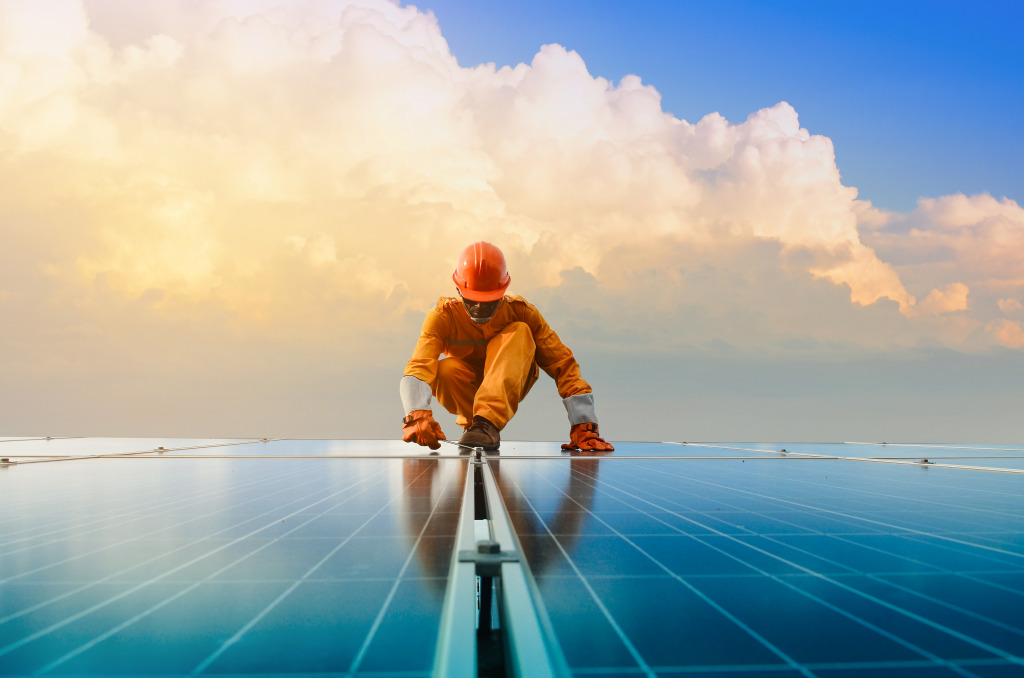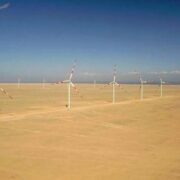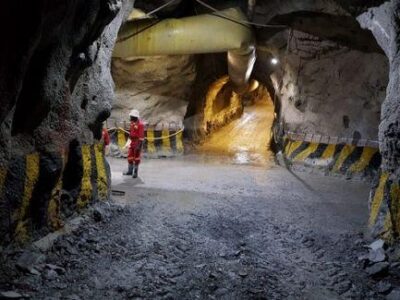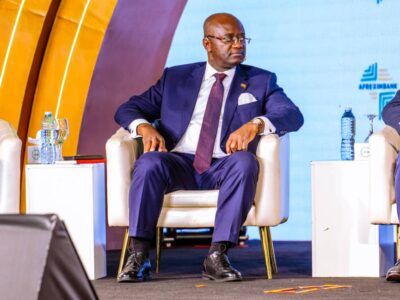
Nigeria is one of the most underpowered countries in the world. Despite being Africa’s largest economy, its per capita consumption of electricity is just 150 kilowatts per hour (kWh), compared with 3,500 kWh in the continent’s second largest economy, South Africa.
According to PwC, only one in five people has access to power from the electricity grid with the remainder having to get by with makeshift and localised power solutions. The rollout of decentralised renewable energy solutions is potentially a game-changer for closing Nigeria’s energy access gap. Investors, supported by government policies and regulation, are moving to gain a foothold in the market.
The shift to renewable energy was given greater impetus by Nigeria’s signing of the Paris Agreement on Climate Change in 2016. The government’s Renewable Energy Master Plan has a target for clean energy to contribute 10% of Nigeria’s energy needs by 2025. It has also established the Rural Electrification Agency of Nigeria (REA) to work with the World Bank and other stakeholders to roll out solar and minigrid projects with private investors.
The renewables rollout was given a shot in the arm by the Solar Power Naija project launched in December 2020 as a response to the Covid-19 pandemic. The project aims to provide energy access to 25m people through connections to minigrids or solar home systems.
In order to build a local supply chain and create jobs and skills, the state is giving qualified companies long-term, low-interest credit facilities, with the aim of also saving up to $10m from import substitution.
The size of both the need and the opportunity has drawn in not just the private sector but also international development finance institutions, such as the United States Agency for International Development (USAID), the UK Department for International Development (DFID), and Germany’s GIZ. Many private funders have also lined up to support the growth of this industry.
The fact that Nigerians already spend an estimated $14bn annually on generators highlights the potential viability of a business model offering cleaner energy sources to consumers. The REA predicts that minigrids alone present a $10bn opportunity in Nigeria.
Demand set to double
One of the big players in the renewables space is All On, a Nigerian off-grid energy investment company backed by Shell.
CEO Wiebe Boer is upbeat about the opportunities – energy demand is expected to double over the next 10 years, he says, and Nigerian consumers are willing and able to pay for alternative sources of power. The opportunities are not just in rural areas, he says, but in high density, low-income urban areas. “In Nigeria this is not just a deeply rural play.”
Big corporates are showing interest. Banks and petrol stations are starting to run their branches on solar power and energy providers are offering solar solutions to business customers. Several large companies such as Nigerian Breweries and Nigeria’s largest egg producer, Premium Poultry Farms, have signed power purchase agreements with investors, resulting in significant energy savings.
The Ashama 200 MW solar farm, set to be the biggest in West Africa on completion, is being built in Delta State, a joint venture between Singaporean and Nigerian investors.
The government is also pushing for greater efficiency in the commercial uses of its enormous gas reserves to power business and create new value chains. For example, it has launched an ambitious programme for cars to convert to gas in place of fuel, and has directed 9,000 filling stations in the first phase to reconfigure their infrastructure accordingly.











Comments